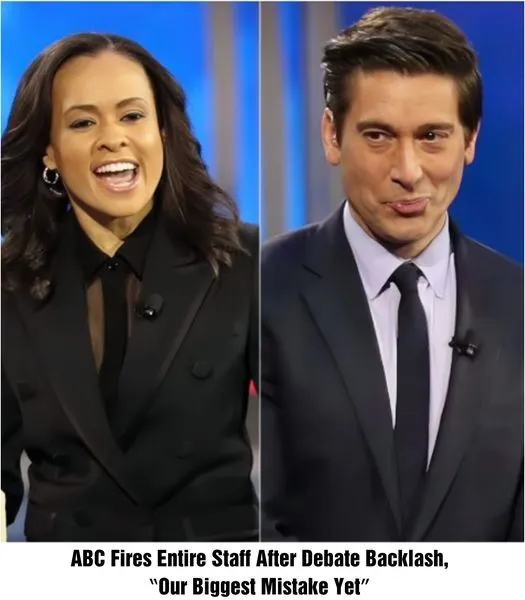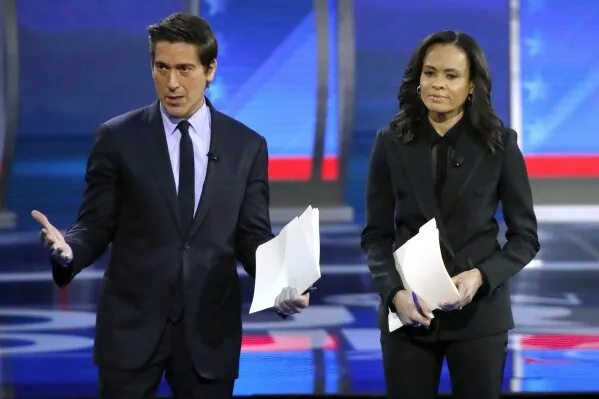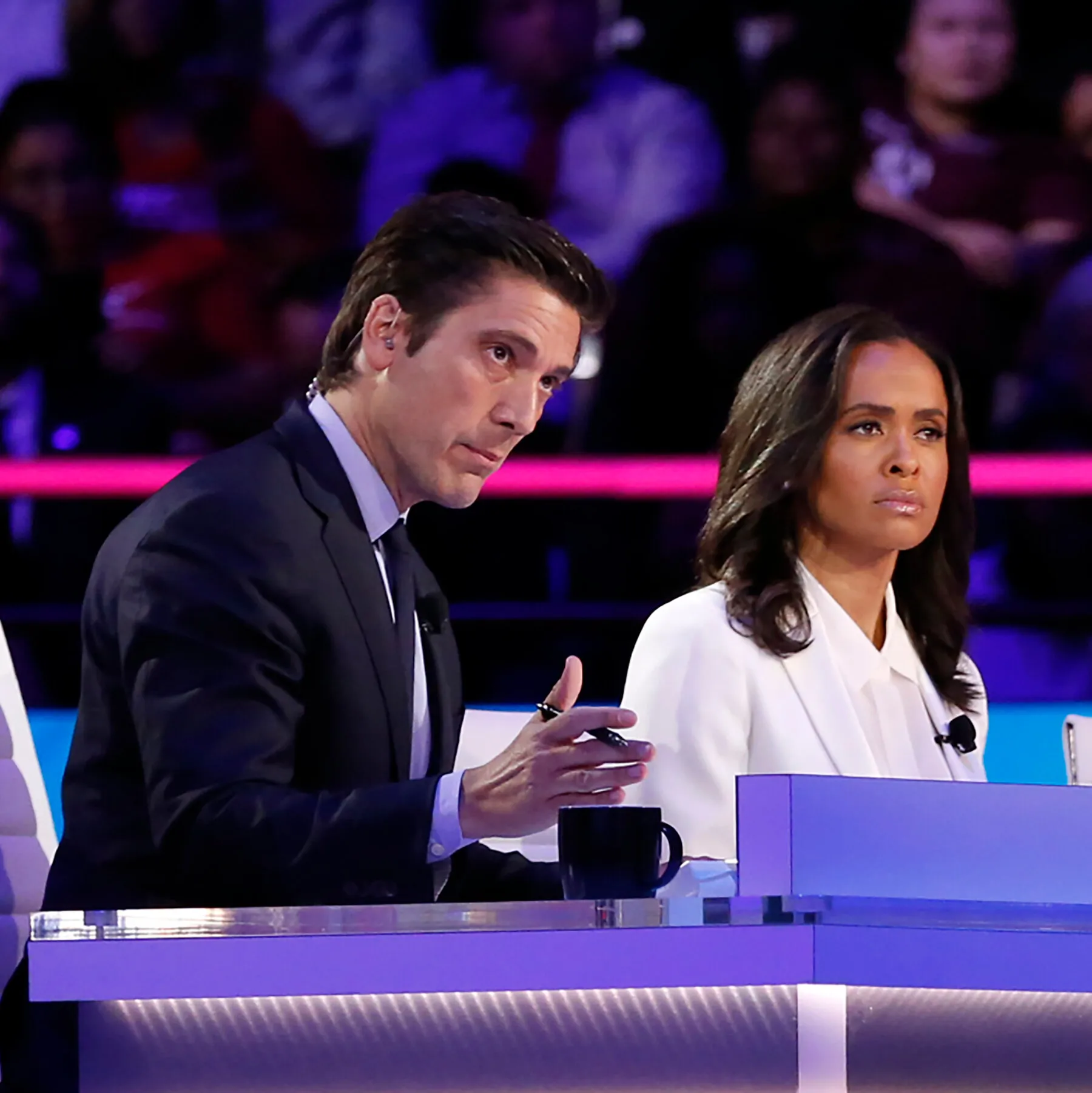In a stunning move that has sent shockwaves through the media industry, ABC Network has announced the termination of its entire staff following significant backlash from a recent debate program. This drastic decision has sparked conversations about corporate accountability, the responsibility of media outlets, and the implications of public opinion on editorial choices.

The controversy erupted after a debate aired on ABC that featured contentious topics and sparked outrage among viewers and critics alike. Many accused the network of failing to provide a balanced platform for discussion, which led to an escalation of public dissatisfaction. Critics argued that the program’s structure and selection of guests did not adequately represent diverse perspectives, ultimately leading to accusations of bias.
In the aftermath of the debate, social media platforms became inundated with comments from viewers expressing their anger and disappointment. Hashtags related to the debate trended on Twitter, with users calling for accountability from the network. Many viewers demanded that ABC take responsibility for what they viewed as a misrepresentation of public opinion.
In response to the backlash, ABC executives held an emergency meeting to assess the situation. The network’s leadership ultimately concluded that the backlash reflected deeper issues within the organization. In a bold and controversial move, they decided to terminate the entire staff associated with the debate program. This decision has left many in the industry and the public stunned.
“The decision to fire our entire staff was not taken lightly,” said a spokesperson for ABC. “We acknowledge that we made a significant error in judgment, and we believe that this action is necessary to restore trust with our audience. We recognize this as our biggest mistake yet.”

The firing of an entire staff is a rare and extreme measure, raising questions about the future of media accountability and editorial independence. Industry experts believe that this incident could set a dangerous precedent, where media outlets may feel pressured to react hastily to public backlash rather than standing firm in their editorial decisions.
“The media has a responsibility to foster open dialogue, even when that dialogue is controversial,” said Dr. Emily Harrison, a media studies professor. “Firing an entire staff for public dissent undermines that principle and could lead to self-censorship in the future. It’s essential for media outlets to find a balance between responding to public opinion and maintaining their editorial integrity.”
Public reactions to ABC’s decision have been mixed. Some viewers have applauded the network for taking swift action, believing that it reflects a commitment to accountability. Others, however, view the firings as an overreach and a capitulation to the demands of a vocal minority.
Social media reactions continue to evolve, with some users expressing their support for the terminated staff, while others argue that the network was justified in making a clean break from its previous direction. The broader implications of this incident for ABC and the media landscape as a whole remain to be seen.
As ABC begins the process of rebuilding its staff, the network faces the challenge of redefining its editorial voice and addressing the concerns of its audience. There is a pressing need for ABC to establish new guidelines for program development that prioritize diversity of opinion while ensuring balanced coverage.
The network has announced plans for a comprehensive review of its programming and editorial processes. ABC is expected to implement new hiring practices aimed at fostering a more inclusive environment that encourages diverse viewpoints. This could involve bringing in experts from various fields to advise on content development and enhance the network’s commitment to fairness.
This incident highlights the growing influence of social media in shaping public perception and media accountability. As viewers increasingly turn to online platforms to express their opinions, media organizations must navigate the complex relationship between audience feedback and editorial decisions.

“Social media has become a powerful tool for the public to voice their concerns,” said social media strategist Rachel Lopez. “However, media organizations need to develop strategies to engage with their audience constructively rather than reacting impulsively to online outrage.”
The decision by ABC to fire its entire staff following the debate backlash marks a pivotal moment in the media industry. As the network grapples with the consequences of its actions, it must also consider the broader implications for media accountability and the role of public opinion in shaping editorial direction.
While the fallout from this incident may take time to settle, it serves as a reminder of the delicate balance that media outlets must maintain in their pursuit of journalistic integrity. As ABC moves forward, the network has the opportunity to redefine its commitment to balanced reporting and audience engagement, potentially emerging stronger from this controversy.
The media landscape is continuously evolving, and how ABC navigates this challenge will likely set a precedent for other networks facing similar scrutiny in the future. As audiences become increasingly engaged and vocal, the responsibility of media organizations to listen and adapt while remaining true to their mission has never been more critical.


